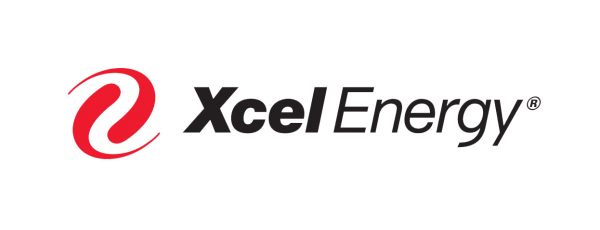Given the inherent cruelties involved in animal testing, consumers are growing more conscious of their purchases. Unfortunately, cruelty free labeling is not always clear. Currently, there are no specific laws that regulate the labeling of products with regard to animal testing, so conscientious shoppers need to know what to look for.
A company can be considered cruelty-free if they produce a written statement verifying that they (and their suppliers) do not conduct animal tests themselves, or commission animal tests from outside contractors, and promise that they will not do so in the future. This includes the ingredients and final product. Without current regulation, the statements are self-proclaimed, meaning consumers need to have a certain amount of faith in these corporations. Given the reputation and ethical damage a corporation would face if the label was determined false, however, lessens the risk of mislabeling. In addition, many of these companies also understand that humane alternatives to animal tests, such as in vitro testing, are cheaper and more accurate than cruel animal tests anyway.
The argument for companies who continue to test their products on animals is primarily liability in the event a customer would suffer from product usage. Companies rely on the fact that the products have been tested, rather than the actual test results to defend themselves when sued. In other words, there are no laws that require animal testing to be performed for over-the-counter products.
In terms of distinguishing which products are truly cruelty-free, it is important to note that products whose ingredients as well as the final product can be labeled “cruelty-free” even if that product contains ingredients that were obtained in a way that caused suffering to animals. Products containing gelatin, dairy, and beeswax can all be labeled cruelty-free, so if you are looking to have completely cruelty-free products, always look for a vegan symbol or a note that ensures that the product contains no animal products or animal ingredients. It is also important to note that many companies that do test products on animals may also produce and market cruelty-free products. Herbal Essences shampoo is an example as it is advertised as not being tested on animals, however, other products made by Clairol are animal tested. Consumers need to make a product-by-product decision regarding cruelty free purchases rather than assuming the company is cruelty free based on one product’s labeling.
Unfortunately, vague labeling can work against a company that is cruelty-free as well. Both Aveda and Bath and Body Works products contain statements such as “Finished Product Not Tested On Animals,” which can sound a little sketchy. But, in fact, both of these companies are actually cruelty free. They use this statement because it meets language requirements for products that are being marketed in some countries outside of the United States.
Animal Rights Coalition
317 West 48th Street
Minneapolis, MN, 612-822-6161







